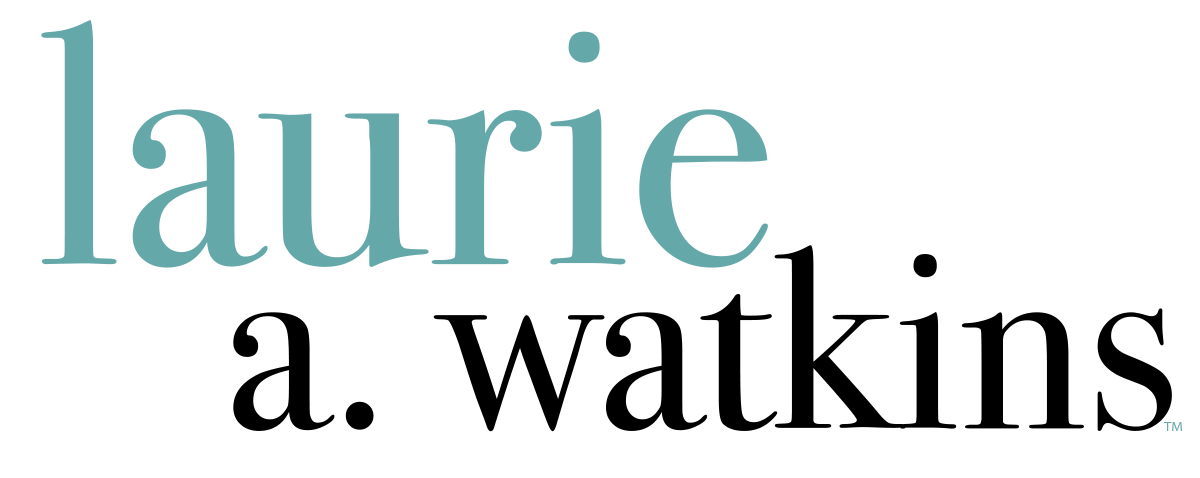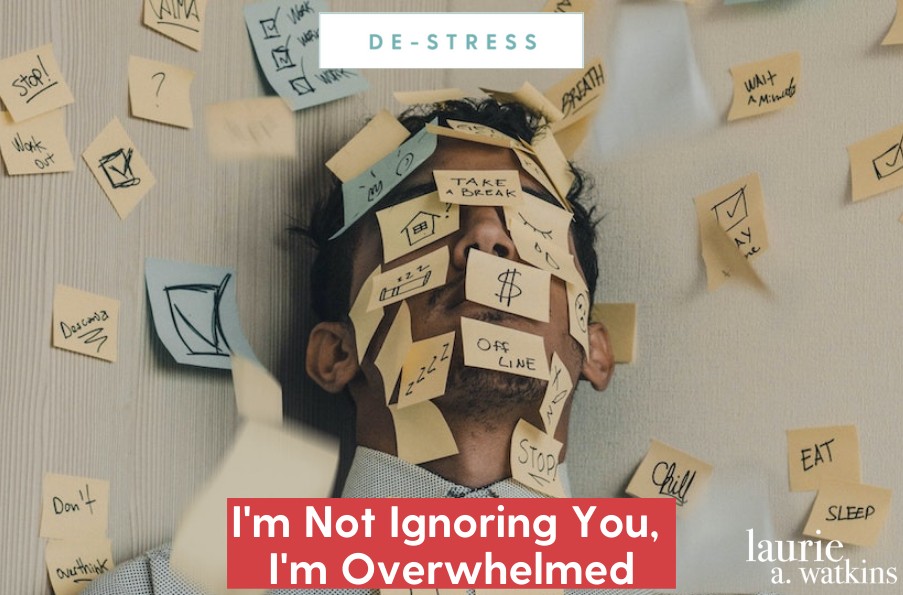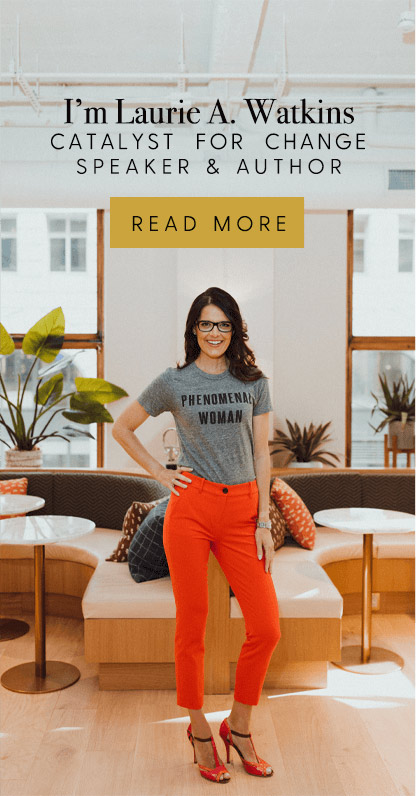We live in the digital age. People can message you on Instagram, which could be connected to your Facebook, and then all that shows up on our phone. If you don’t respond, you could get a text and a Snapchat asking why you haven’t replied. Don’t even get me started on if you have a smart watch, because then those notifications are sent there as well… buzzing about on your wrist.
This new phenomenon of being hyper connected of course has its benefits, but it can also be incredibly overwhelming, stressful, and even exhausting.
Nowadays, we have the ability to constantly be in communication or tapped into the news. It’s also been proven that people are working more hours during COVID-19 than before. People are taking less vacation days to mentally reset and relax. It’s no wonder we are overwhelmed and exhausted.
It also seems people always seek an explanation for your timetable. I feel like with each passing year, I almost have less and less free time, but yet I work more. When given more responsibilities, it does not necessarily become easier to balance everything.
There seem to be ever increasing obstacles that can throw a wrench in your plans and timetable: sickness, travel, traffic, forgetting, laundry, dishes, work, child care, etc.
It may not be the easiest realization to yourself, or to others, that you’re a busy person. But you are! You have responsibilities and deadlines and commitments. Sometimes being the fastest to respond to texts just isn’t a priority. Sometimes going out with your friends just isn’t going to work. Some days are better than others.
It would be great if we could all cut each other a little slack. Things can be stressful, anxiety inducing, and overwhelming. We should all just accept that we are not ignoring each other or being intentionally rude – we are simply overwhelmed!!
Back when I worked in the campaign world, eating very little and sleeping even less was glorified. When I took command of my health, I would have to turn down late night drinks and social engagements. Oftentimes, I would be met with, “What are you REALLY going to do?” or “Are you going to meet a guy?” or “Are you just blowing us off?” I’d frequently feel like I had to explain why I was prioritizing sleep or a salad over dinner and drinks. This explanation would often leave me feeling guilty and judged. We need to end this culture.
We just never know what other people have going on. The global pandemic we’re all living through has made that even more clear. I’ve had to rearrange meetings for a virtual funeral. I’ve had to accept that some friends cannot visit because they are high-risk, or helping a high-risk family member.
Especially during this time, we need to remember that there is an element of FOGO: Fear of Going Out. This can amplify other people’s feelings of anxiety or being overwhelmed, thus affecting their response time or willingness to attend events. People struggling with FOGO may have a sense of exhaustion from constantly asking who is vaccinated, who is an essential worker, who has quarantined since travel, etc.
I have one really close friend who works in the Biden administration at the Department of Homeland Security. Their job isn’t necessarily working on the front lines but it’s still an extremely high-stress, overworked job right now given the increased cyber-attacks, immigration issues, and domestic terror threats that require immediate response. I send them a message checking in every week. Sometimes it takes them a few days, even a week in some cases to get back to me. My first instinct is never to think that they are ignoring me or dislike me. I just know they are overwhelmed and likely prioritizing other things (hopefully some self-care). I never ask for an explanation about why they were slow to respond. I don’t shame or guilt them. I’m simply happy to hear from them when they feel it’s best for them to reply.
The last thing you want to do is make someone feel unsafe, upset, or unimportant. We should be accepting when people are less than responsive. They could be nearing an anxiety attack and know that turning down our invitation to go home and take care of themselves is what’s best for them right now. Being someone that shows compassion and understanding without demanding an explanation is the best response you can give.
Next time you need to politely decline something because you are overwhelmed, try explaining a little of what you are going through, at your own comfort level. Hopefully, people will meet you with as much understanding as your give to others. After all, Asking for Help is a Sign of Strength, Not a Sign of Weakness. This “help” doesn’t necessarily have to be an outward cry for assistance. This “help” can be getting others to understand that you are simply overwhelmed and it may take longer to reply than they are used to or why you need to sit out an event.
I recently wrote about Anti-Social Media. It is OK to have a little bit of that attitude on communication at times. Being hyper plugged in can be detrimental. We all need to be accepting of people taking longer to respond and resist drawing the conclusion that we are being “ignored.”
Everyone can ebb and flow with their moods. Somedays, we are wildly upbeat and positive and want to be extroverts and socialize with everyone. On those days, we may be able to have conversations going on e-mail, Instagram, Facebook, texting, Zoom, and carrier pigeon. Other days, we just need to buckle down and focus, or we may feel unexpected bouts of anxiety, or just want some quiet time alone. On those days, our replies may be few and far between. Neither one is wrong.
No one should ever feel entitled to anyone else’s time. Especially not personally. While some of our timetable is beyond our control (school or work schedules), what we do with our precious free time is entirely up to us. As I mentioned, free time seems to be dwindling as we seem to glorify being busy.
By strengthening ourselves and prioritizing our own self-care, we not only help with feelings of anxiety and overwhelm, but we can actually prevent burnout as well.
How are you feeling with work-from-home and being over-connected to the world? What is your stance on people’s response times and your own? I’d love to hear from you in the comments below.






